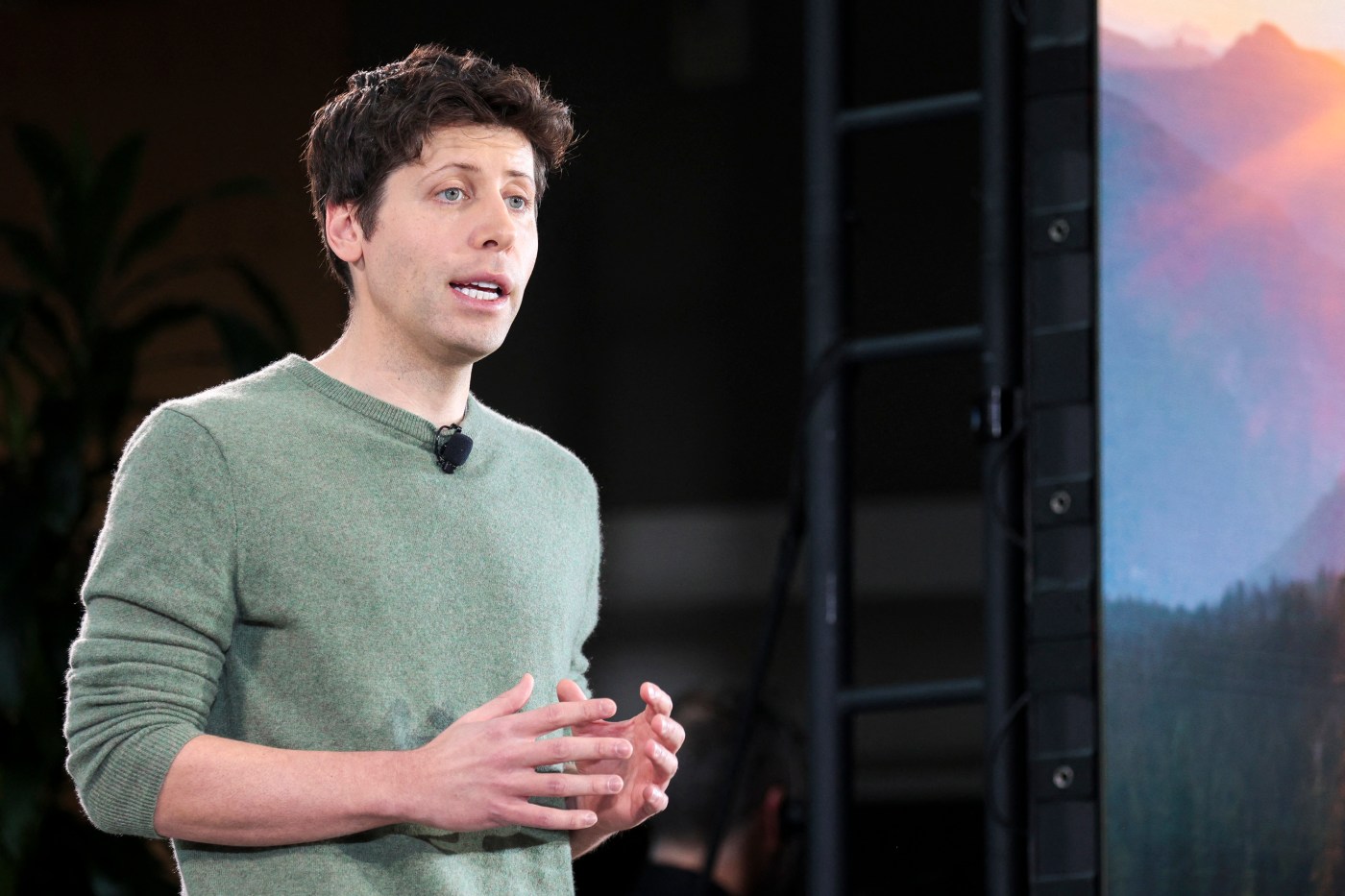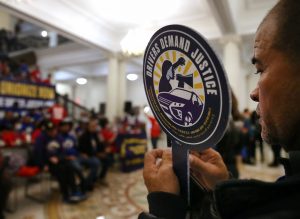
Never mind: OpenAI brings back ousted CEO
The ousted leader of ChatGPT maker OpenAI is returning to the company that fired him just days ago, culminating a short but chaotic power struggle that shocked the tech industry and underscored the conflicts around how to safely build artificial intelligence.
And OpenAI co-founder Sam Altman will answer to a different board of directors than the one that fired him Friday. The San Francisco-based company said late Tuesday night that it “reached an agreement in principle for Sam Altman to return to OpenAI as CEO with a new initial board.”
It will be led by former Salesforce co-CEO Bret Taylor, who chaired Twitter’s board before Elon Musk took over the platform last year. The other members will be former U.S. Treasury Secretary Larry Summers and Quora CEO Adam D’Angelo.
OpenAI’s previous board, which included D’Angelo, had refused to give specific reasons for why it fired Altman, leading to a weekend of internal conflict at the company and growing outside pressure from the startup’s investors.
The turmoil also accentuated the differences between Altman — who’s become the face of generative AI’s rapid commercialization since ChatGPT’s arrival a year ago — and members of the company’s board who have expressed deep reservations about the safety risks posed by AI as it gets more advanced.
“The OpenAI episode shows how fragile the AI ecosystem is right now, including addressing AI’s risks,” said Johann Laux, an expert at the Oxford Internet Institute focusing on human oversight of artificial intelligence.
Microsoft, which has invested billions of dollars in OpenAI and has rights to its existing technology, quickly moved to hire Altman on Monday, as well as another co-founder and former president, Greg Brockman, who had quit in protest after Altman’s removal.
That emboldened a threat to resign by hundreds of OpenAI employees, who signed a letter calling for the board’s resignation and Altman’s return. The number of names added up to nearly all of the startup’s 770-plus workers. The AP could not independently confirm that all of the signatures were from OpenAI employees.
One of the four board members who participated in Altman’s ouster, OpenAI co-founder and chief scientist Ilya Sutskever, later expressed regret and joined the call for the board’s resignation.
Microsoft in recent days had pledged to welcome all employees who wanted to follow Altman and Brockman to a new AI research unit at the software giant.
Microsoft CEO Satya Nadella also made clear in a series of interviews Monday that he was open to the possibility of Altman returning to OpenAI as long as the startup’s governance problems were solved.
“We are encouraged by the changes to the OpenAI board,” Nadella posted on X late Tuesday. “We believe this is a first essential step on a path to more stable, well-informed, and effective governance.”
In his own post, Altman said that “with the new board and (with) Satya’s support, I’m looking forward to returning to OpenAI, and building on our strong partnership” with Microsoft.
The leadership drama offers a glimpse into how big tech companies are taking the lead in governing AI and its risks, while governments scramble to catch up.
In the absence of regulations, with the European Union now working to finalize what’s expected to be the world’s first comprehensive AI rules, “companies decide how a technology is rolled out,” Laux said.
That might be OK if you believe the risks aren’t worth getting government involved in, but “do we believe that for AI?” he said.
“Regulation and corporate governance sound very technocratic, but in the end, it’s humans making decisions,” Laux said.
Their beliefs and preferences about how safe AI is “have a huge influence,” he said, and that’s why it matters so much who’s on a company’s board or has a seat at the table at regulatory bodies.
Co-founded by Altman as a nonprofit with a mission to safely build so-called artificial general intelligence that outperforms humans and benefits humanity, OpenAI later became a for-profit business — but one still run by its nonprofit board of directors.
It’s not clear yet if the board’s structure will change with its new members.
“We are collaborating to figure out the details,” OpenAI posted on X. “Thank you so much for your patience through this.”
The ousted leader of ChatGPT maker OpenAI is returning to the company that fired him just days ago, culminating a short but chaotic power struggle that shocked the tech industry. (AP Photo/Peter Morgan)


